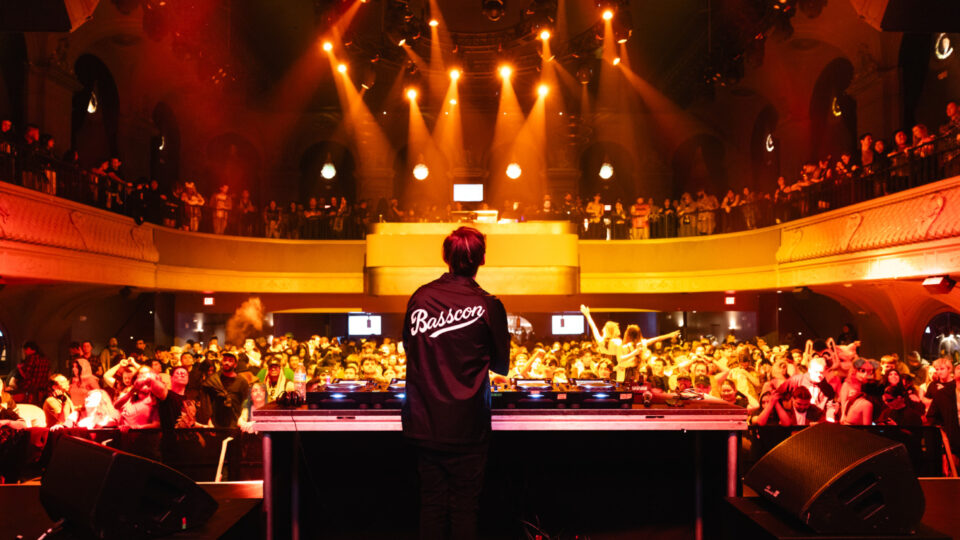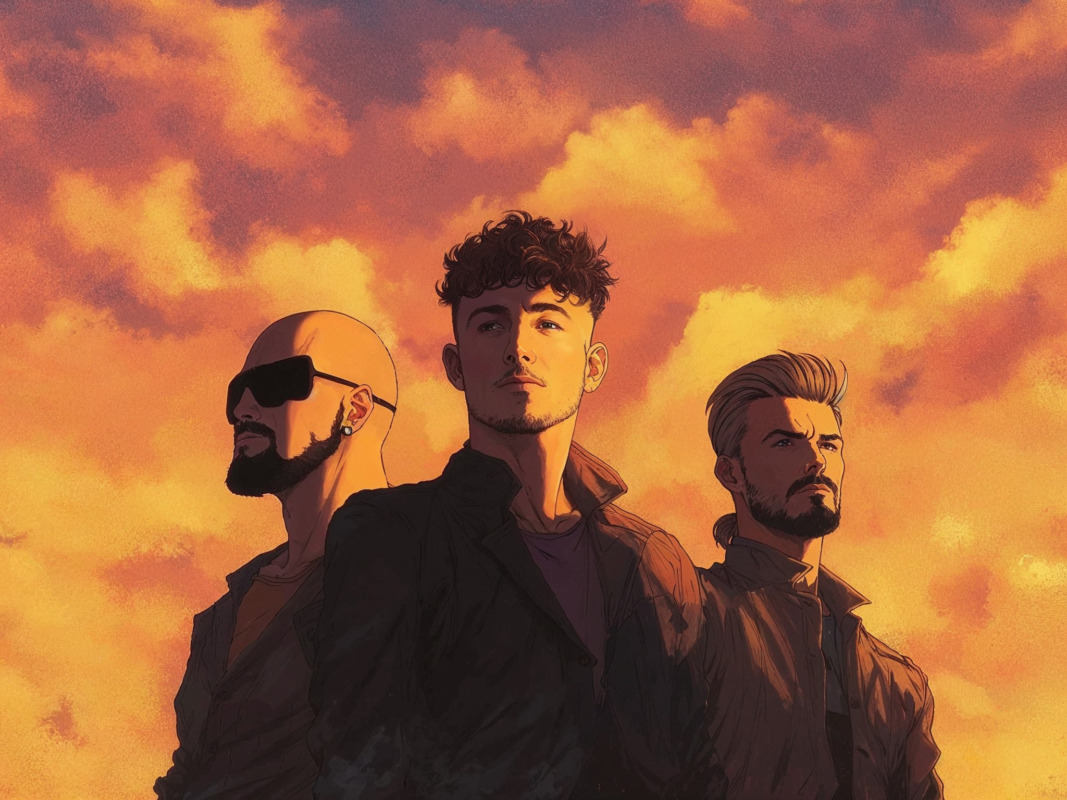Warning: The following contains spoilers for The Night Beyond the Tricornered Window, Episode 6, “(Dis)belief”, now streaming on Crunchyroll.
Hiyakawa is a unique character. He's can't be a hero or a villain, or even a complex anti-hero, because he doesn’t really have any sense of right and wrong. And after teasing Hiyakawa’s backstory in Episode 4, his past is finally revealed in this week's Episode 6, and it is as sad as it is twisted, but it also provides a clear explanation as to why Hiyakawa is the way he is today.
Episode 6's central theme revolves around the idea of being both a victim and a victimizer, particularly in view of people who have been indoctrinated into a cult. Even though people in such a situation are definitely victims of the cult and its leader, they may also commit some atrocities on behalf of what they believe. The Night Beyond the Tricornered Window features a cult called “The Palm of Hand Research Society,” a name which may refer to how Hiyakawa uses his hand to clobber spirits as his style of exorcism.
But Hiyakawa’s own situation is a bit different from most of the Palm of Hand cult members. He was raised in the cult with no parents, no education and no social interaction, exploited for his powers and constantly gaslit by the women who actually ran the cult. Hiyakwa couldn’t control what he ate or how he lived, and his formative years were spent “healing” other cult members, possibly to earn money for the group.
Although it seems like Hiyakwa does know some things about the outside world, as he asked for food and especially for his mother, it's clear that he was taken away at a young age and was essentially abused for years with no one to actually care for him. All he knew were the talking points about “destiny” and “belief” that the cult used to control his behaviors. Hiyakawa is a product of pure desire and instinct; thus, he acts much like an animal.
This is how he came to kill the entire cult with his powers. After a man tormented by a powerful curse comes to the cult for help, Hiyakawa is able to absorb this negative power and unleash all the negative energy he had gathered over the years from other cases, which eventually kills everyone in the building. It's a horrific scene, but at the same time, a cathartic experience for Hiyakawa, who had no freedom for so many years.
It is telling that when Hanzawa finds Hiyakawa as the lone survivor in the cult, he was nonchalantly eating a pot of moldy rice. He doesn’t really want to escape because he doesn’t know where to go, and his only motivation at that point is simply to sate his hunger and anger.
Yes, Hiyakwa is both a victim and a perpetrator, but it is difficult to mark him as an inherently evil person -- he simply doesn’t know anything. His relationship with death isn't even the same as a normal person's, since he deals with spirits constantly. Hiyakawa's ordeal is much more an indictment on the abusive nature of the cult and the destructive consequences of having no formal education or socialization.
Hiyakawa’s abusive upbringing perfectly explains why he doesn’t feel remorse or guilt over anything he does, even if it's killing dozens of people. He doesn’t know what he's doing is wrong, especially since he was taught that using his powers was always to help people.
This flashback also explains why Hiyakawa is so obsessive and controlling towards Mikado -- it's how he was treated by the cult. They called him their destiny and told him that he was special. So when he sees Mikado, Hiyakawa feels that he has finally found his own destiny and, holds onto Mikado like the cult once held onto him.
About The Author

